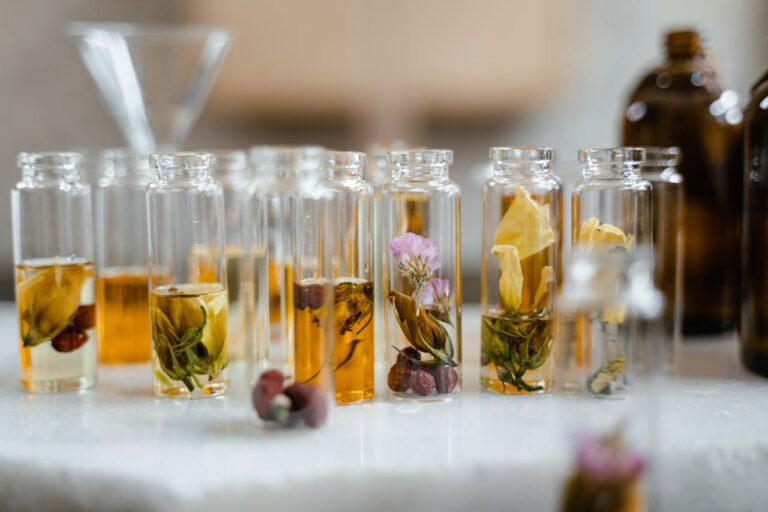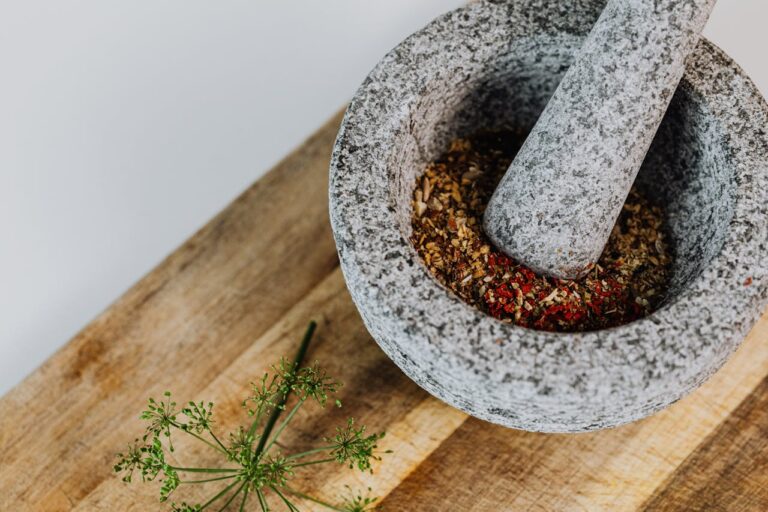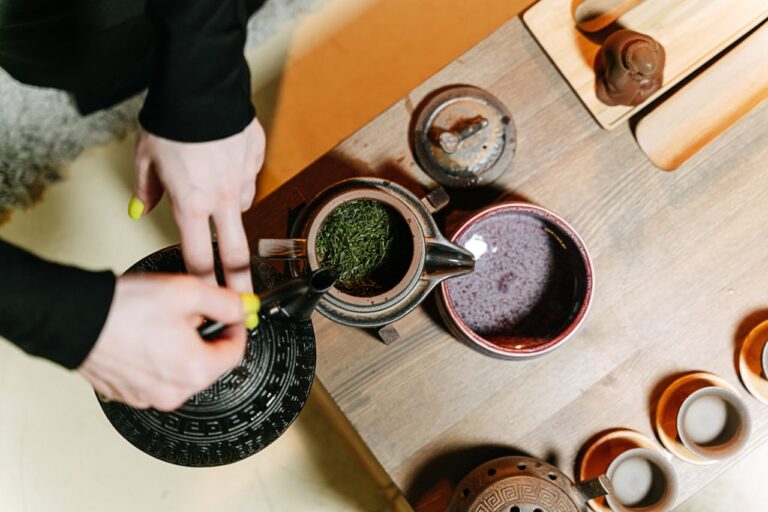Why Millions Struggle with Sleep (And What They Turn To)
If you’re reading this, chances are you’ve had trouble falling asleep or staying asleep at some point. You’re not alone—over 70 million Americans struggle with sleep disorders, with insomnia being one of the most common.
Desperate for relief, many people turn to pharmaceutical sleep aids. These include prescription drugs like Ambien, Lunesta, and over-the-counter options like diphenhydramine (found in Benadryl and many sleep aids). While these medications can knock you out quickly, they come with serious downsides that most people aren’t told about.
The Hidden Dangers of Pharmaceutical Sleep Aids
At first, pharmaceutical sleep aids seem like a miracle solution—just take a pill, and you’re out. But what’s happening inside your body?
1. They Don’t Give You Natural Sleep
Many sleep medications don’t actually help you sleep—they sedate you. This means your body doesn’t go through the natural sleep cycles needed for deep, restorative rest. You might feel groggy in the morning, as if you didn’t sleep at all.
2. Risk of Dependence and Tolerance
The more you use these medications, the more your body adapts to them. Over time, you need higher doses to get the same effect, and stopping suddenly can lead to worse insomnia than before.
3. Side Effects You Don’t Want
Many pharmaceutical sleep aids come with a long list of side effects, including:
- Dizziness and confusion
- Memory problems
- Morning grogginess
- Sleepwalking or unusual behaviors
- Increased risk of falls (especially in older adults)
4. Long-Term Health Risks
Studies have linked long-term use of sleep medications to cognitive decline, an increased risk of dementia, and even a shorter lifespan.
So, if pharmaceutical sleep aids aren’t the answer, what is?
3 Herbs That Work Better (Without the Risks)
The good news? Nature provides powerful solutions for sleep that don’t come with the same risks. Here are three proven herbs that can help you fall asleep naturally and wake up refreshed.
1. Valerian Root: The “Natural Valium”
Valerian root has been used for centuries to promote relaxation and improve sleep quality. Research suggests it helps increase GABA levels in the brain—similar to how pharmaceutical sedatives work, but without the harsh side effects.
Benefits:
✅ Reduces the time it takes to fall asleep
✅ Improves sleep quality
✅ Non-habit forming
How to Use:
- Take 300-600 mg of valerian root extract 30-60 minutes before bed
- Brew valerian root tea for a soothing bedtime ritual
2. Passionflower: Nature’s Anxiety Reliever
If your mind races at night, passionflower might be your best bet. Studies show it helps reduce anxiety and restlessness, making it easier to drift off to sleep.
Benefits:
✅ Calms the nervous system
✅ Enhances deep sleep
✅ Helps reduce nighttime awakenings
How to Use:
- Drink passionflower tea before bed
- Take 250-500 mg of passionflower extract
3. Ashwagandha: The Stress-Busting Sleep Aid
Chronic stress is one of the biggest culprits behind poor sleep. Ashwagandha is an adaptogen that helps balance cortisol levels, reducing stress and promoting restful sleep.
Benefits:
✅ Lowers cortisol (stress hormone)
✅ Improves sleep onset and duration
✅ Supports overall relaxation
How to Use:
- Take 300-500 mg of ashwagandha extract in the evening
- Add ashwagandha powder to warm milk for a sleep-inducing drink
The Smarter, Safer Way to Sleep
While pharmaceutical sleep aids may seem like a quick fix, their risks often outweigh the benefits. Natural remedies like valerian root, passionflower, and ashwagandha offer a safer, more effective way to improve sleep without dependency or side effects.
If you struggle with sleep, consider making the switch to herbal solutions and focus on building healthy sleep habits:
- Maintain a consistent sleep schedule
- Reduce blue light exposure before bed
- Practice relaxation techniques like deep breathing or meditation
With the right approach, you can enjoy deep, natural sleep—without relying on pills.
Disclaimer:
This article is for informational purposes only and does not constitute medical advice. Consult with a healthcare professional before starting any new supplement, especially if you are pregnant, nursing, or taking medications.







